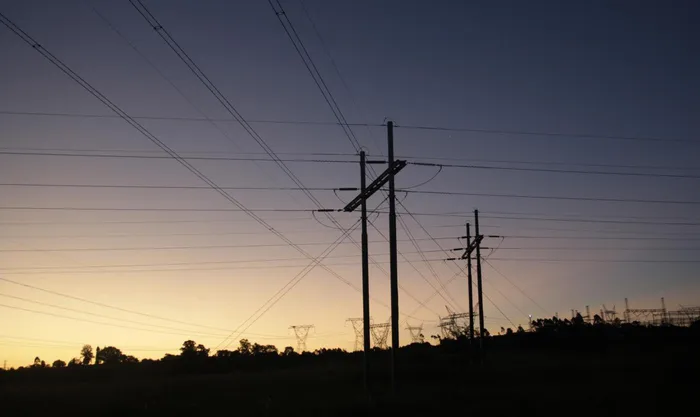Hello, darkness...

South Africans can no longer accept that load shedding is our way of life. And they shouldn’t.
It’s been nearly 14 years since South Africans first started experiencing the load shedding that is now part of our lives. It’s crazy to think that we once had this collective fear that we would experience load shedding when we hosted the 2010 World Cup.
At the time, we were assured by our leaders that there was nothing to worry about and that our visitors from all over the world would not experience rolling blackouts. And we didn’t. So what did the government do then to stop load shedding and why can’t they deal with the current problem with the same sense of urgency now?
It should not have taken this long to find a remedy for something that is costing our economy billions of rand, making us an international laughing stock among investors and aborting the entrepreneurial efforts of those clawing their way out of the poverty pit apartheid dumped them in.
In a sound democracy, a national crisis of this nature would have forced the ruling party out of office, no question - the levels of incompetence and corruption that have accompanied this unmitigated rolling disaster are starkly apparent for all to see, but then maybe South Africans have become so used to living in the dark that we’re happy to tell ourselves that the light we see at the end of the tunnel is a way out, even as we hear the train full of consequences sounding its horn.